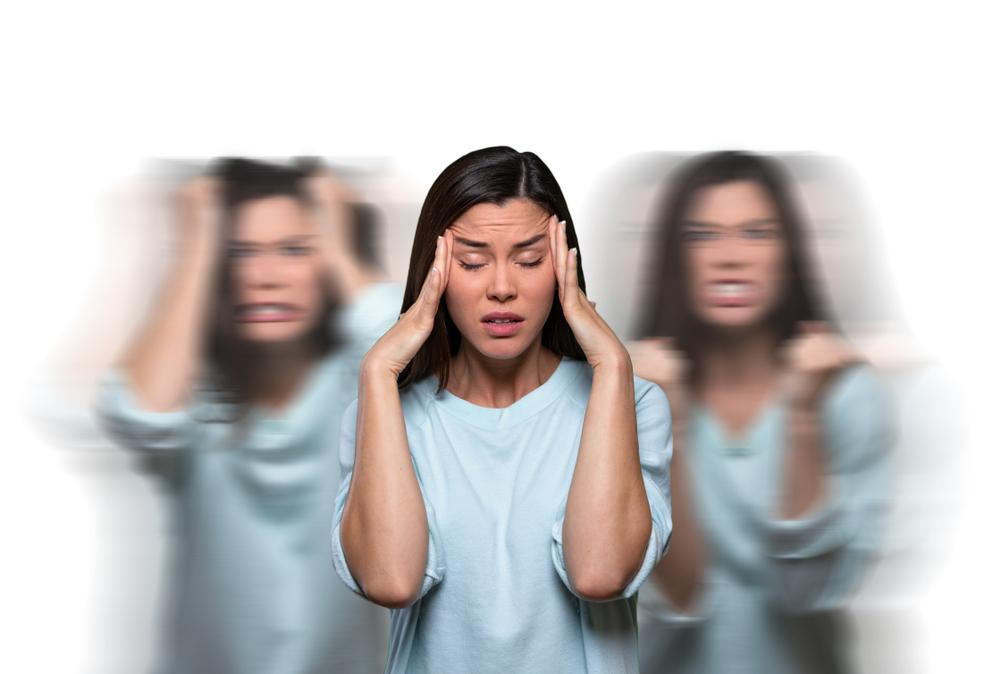
You may have heard of bipolar disorder referred to in the past as manic depression, or manic-depressive illness. It is a term that is often thrown around when referring to people that are difficult to predict, but bipolar disorder is a very serious mental illness that can make the person with the condition unable to carry out normal, everyday tasks. While other mental illnesses, like depression, may cause similar results, bipolar disorder is different, as it is responsible for an unusual shift in energy, mood, concentration, and activity levels. Here is some more information to help you understand bipolar a little better.
How Many Types of Bipolar Disorder are There?
There are three identified types of bipolar disorder, each involving a shift in energy, activity, and mood levels. The moods can range from being up (energized, irritable, or elated) or down (hopeless, indifferent, or sad).
· Bipolar I disorder: This is indicated by manic episodes which last for at least 7 days; it may also be indicated by manic symptoms so severe that immediate hospital care is needed. Depressive episodes will usually come with manic episodes, lasting at least two weeks
· Bipolar II disorder: This is characterized by a pattern of depressive episodes, as well as “hypomanic” episodes (less severe manic episodes)
· Cyclothymic disorder: This is also referred to as cyclothymia, and is characterized by recurrent depressive and hypomanic symptoms which do not last as long as would indicate Bipolar I or Bipolar II
What are Symptoms of Bipolar Disorder?
There are many potential symptoms of bipolar disorder, though you should bear in mind the intensity and how long the symptoms last. Any of these could be reason enough to speak with a mental health professional.
· Some Manic Episode Symptoms Include:
o Feeling extremely elated, up, high, or very touchy or irritable
o Feelings of being wired or jumpy, and/or more active than usual
o Feeling a decreased need for sleep
o Having a “flight of ideas,” and talking fast about many different things
· Some Depressive Episode Symptoms Include:
o Feeling unable to find anything to say, possibly talking very slowly, or forgetting many things
o Difficulty falling asleep, sleeping too much, waking up too early
o Feeling down, sad, or anxious
o Feelings of being restless or slowed down
What are Risk Factors for Bipolar Disorder?
The causes of Bipolar disorder are not entirely clear, though genetics may play a part in it, as well as simple differences in brain structure. There is no single cause.
How is Bipolar Disorder Treated?
If you believe you may suffer from bipolar disorder or any other mental illness, you should consult with a mental health professional. There are many different medications, like mood stabilizers like lithium or valproate, that may be used or tried. Some medications are needed to balance these out, which affect sleep or anxiety levels. Psychotherapy – talk therapy – can also be implemented successfully in the treatment of bipolar disorder, as can cognitive behavioral therapy.
